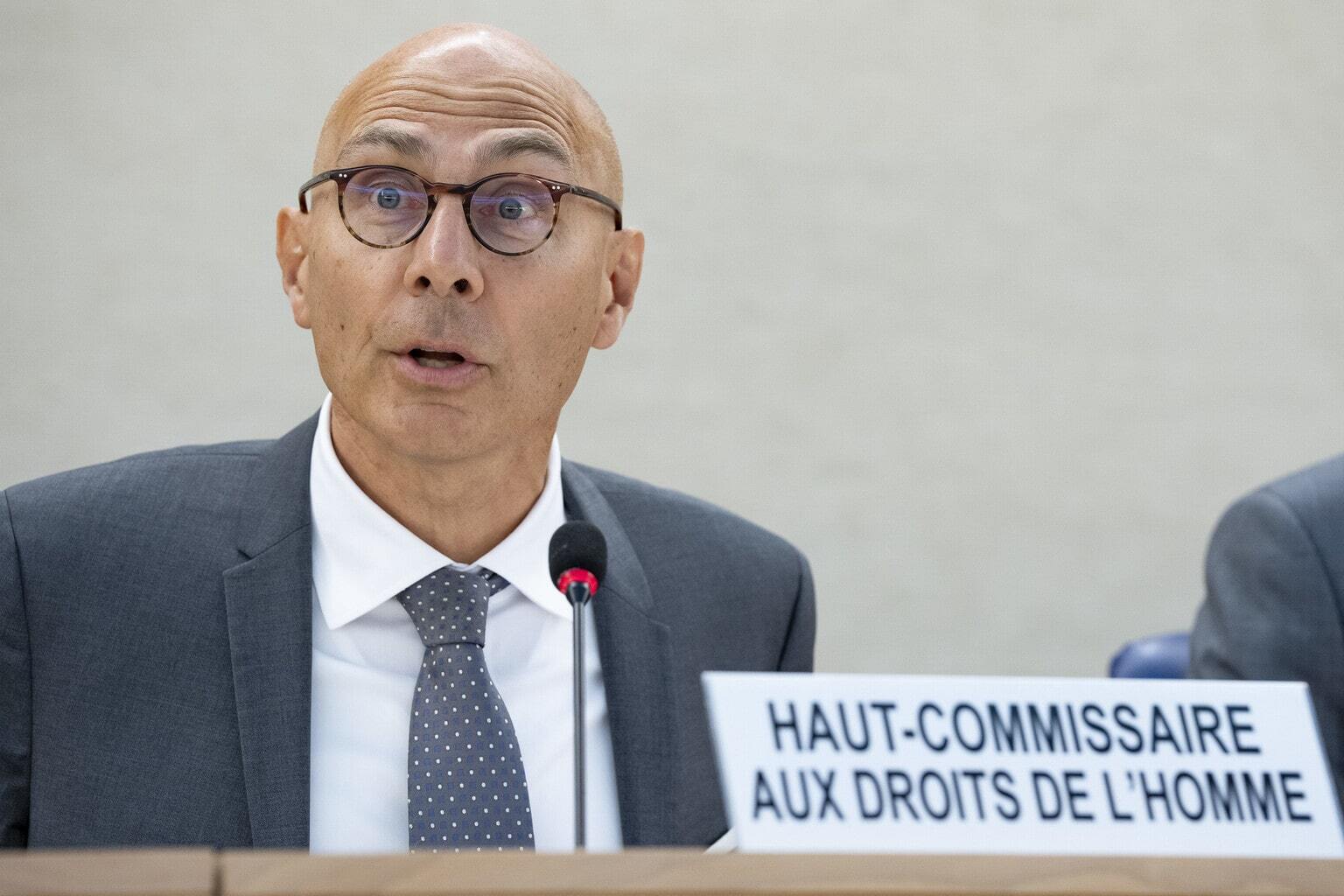KUALA LUMPUR, Sept 22 – A landmark United Nations (UN) report – which calls for the legal regulation of drugs – highlights Malaysia’s removal of the mandatory death penalty for 11 serious crimes, including drug-related offences.
The report by the Office of the United Nations High Commissioner for Human Rights (OHCHR), which was launched last Wednesday at the 54th Session of the Human Rights Council in Geneva, noted that in recent years, countries have been moving towards the universal abolition of the death penalty.
“As part of moving away from drug policies based on punishment, global efforts to move away from the death penalty specifically for drug-related offences have been reflected at the national level.
“For instance, in April 2023, the Malaysian Parliament passed a bill removing the mandatory death penalty for 11 offences, including drug-related offences, and replaced it with alternative sentences,” said the OHCHR report titled “Human rights challenges in addressing and countering all aspects of the world drug problem”.
Minister in the Prime Minister’s Department Azalina Othman Said said in a recent statement that the Review of Sentence of Death and Imprisonment for Natural Life (Temporary Jurisdiction of the Federal Court) Act 2023 came into effect last September 12, enabling all 1,020 prisoners currently serving death or natural life imprisonment sentences to file applications to the Federal Court – within 90 days – for a review of their sentence.
Azalina also said recently that the government is reviewing legislations related to criminal punishments for drug abuse by taking a medical or rehabilitation approach instead, in line with international developments.
The International Drug Policy Consortium (IDPC) – a global network that promotes person-centred, rights-affirming drug policies – found the boldest move in the UN Human Rights Office report to be the call for governments to consider the “responsible regulation” of drugs as a way of taking control of illegal drug markets, so as to “eliminate profits from illegal trafficking, criminality, and violence”.
“Because legal regulation creates a conflict with the current international drug control treaty system, UN bodies have so far shied away from recommending this policy option,” IDPC executive director Ann Fordham said in a statement.
“Today, the UN High Commissioner has broken that taboo, making OHCHR the first UN body to do so, and this will undoubtedly trigger an urgently needed debate at the UN level as the human cost of the drug war continues to mount.”
In a collective statement last Wednesday, 133 non-governmental organisations (NGOs) around the world urged the international community to implement recommendations in the UN High Commissioner for Human Rights’ report by reforming the global drug control regime, and national drug laws and policies.
“With this report, the Office of the UN High Commissioner for Human Rights is the first UN agency to call for the responsible regulation of drugs as a pragmatic measure to protect public health and the human rights of all,” said the civil society groups.
“This comes at a time when over 250 million people already live in jurisdictions where legal cannabis markets are a reality, and countries such as Colombia and Germany are announcing similar plans.”
The 133 NGOs demanded a reform of UN drug control conventions and the rebalancing of UN drug control bodies, such as the UN Office on Drugs and Crime (UNODC) and the International Narcotics Control Board (INCB), which they claimed “remain reticent to engage with countries to promote the alternative drug policies at the centre of the High Commissioner’s proposal”, such as the decriminalisation of drug use and increasing equitable access to harm reduction services.
Among other recommendations, the civil society groups called on the international community to “meaningfully involve civil society organisations and populations directly affected by the ‘war on drugs’, including key populations such as people who use drugs, and people involved in illicit economies, in every stage of drug policy decision-making, implementation, monitoring and evaluation”.
Some of the most important findings in the UN Human Rights Office’s report, according to the NGOs, included recognising harm reduction as a central element of the right to health, calling for the abolition of the death penalty for drug offences, and recognising the contribution of disproportionate drug laws to global mass incarceration.
Malaysian signatory organisations for the collective statement by the 133 NGOs include the Malaysian AIDS Council (MAC), the Centre of Excellence for Research in AIDS (CERiA) under University of Malaya, Pengasih Malaysia, the Addiction Medicine Association of Malaysia (AMAM), the Anti-Death Penalty Asia Network, and the International Women’s Rights Action Watch Asia (IWRAW).
Last Wednesday, the National Anti-Drug Agency (AADK) told reporters that drug addiction cases in Malaysia increased by 27 per cent in the first six months of the year to 118,820 people, compared with 93,534 reported in the same period in 2022.
OHCHR said in a statement that its report urged countries to consider decriminalisation of drug possession for personal use.
“If effectively designed and implemented, decriminalisation can be a powerful instrument to ensure that the rights of people who use drugs are protected,” said the UN human rights report.
Volker Türk, the UN High Commissioner for Human Rights, stressed that laws, policies, and practices related to drug use must not end up exacerbating human suffering.
“The drugs problem remains very concerning, but treating people who use drugs as criminals is not the solution,” he said.
“States should move away from the current dominant focus on prohibition, repression and punishment, and instead embrace laws, policies and practices anchored in human rights and aimed at harm reduction.”
The UN Human Rights Office report found that disproportionate use of criminal penalties discourages people who use drugs from seeking treatment.
According to the latest available statistics from the 2023 World Drug Report, people who use drugs are disproportionately affected by blood-borne viruses, nearly 660,000 die of drugs-related causes each year, and 10 per cent of all new HIV infections globally in 2021 were among people who injected drugs.








